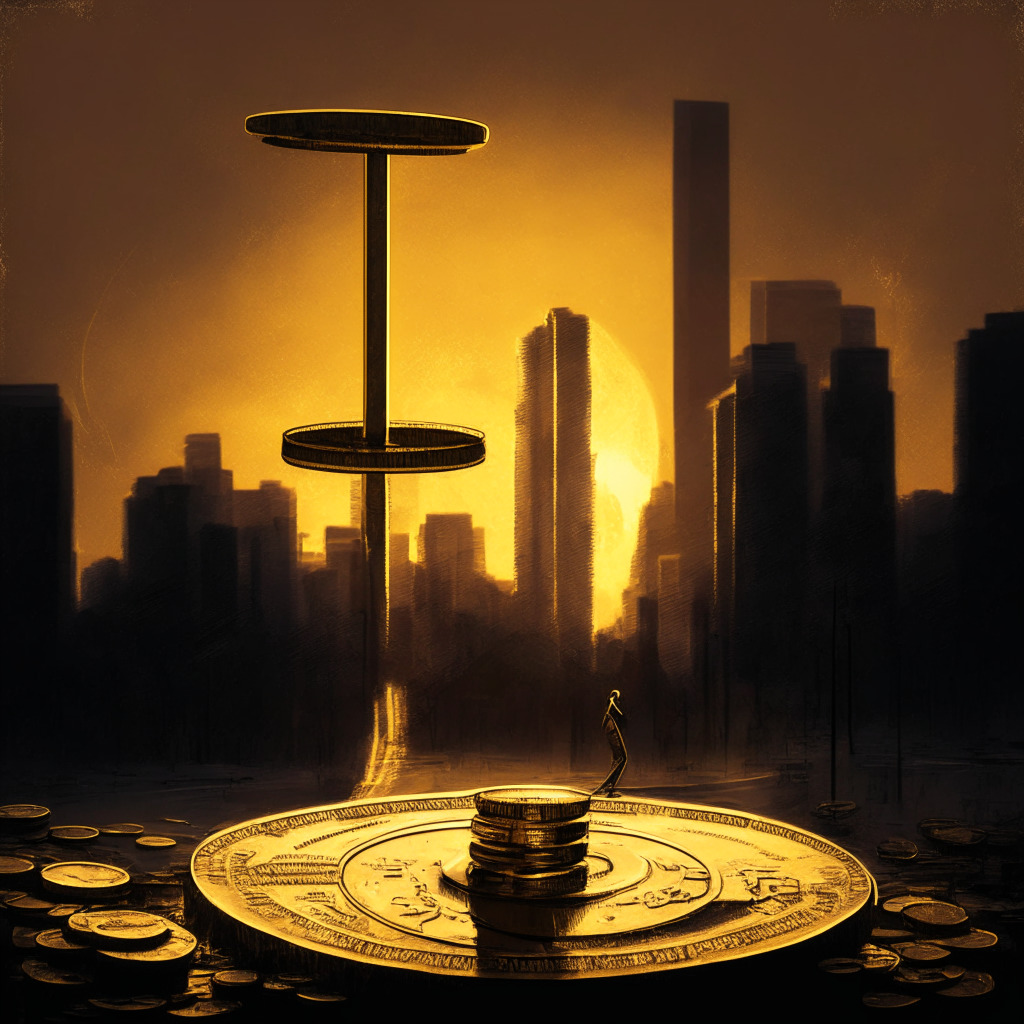The Supreme People’s Procuratorate of the People’s Republic of China, the primary national agency responsible for legal prosecution, has recently shared its perspective on the rapidly evolving non-fungible token (NFT) market. In a published article, three authors have highlighted market risks and the rationale for enforcing tighter regulations more actively.
A primary concern the prosecutors express is the growing trend of “securitization” of NFTs, i.e., shared ownership of a single copy by multiple users. This development, they believe, goes against the fundamental aspects of NFTs, namely non-reproducibility, indivisibility, and uniqueness. Furthermore, they also focus on the perceived “inflation of prices” for NFTs, resulting from marketing strategies such as airdrops, blind boxes, and limited sales. In their astute analysis, the authors emphasize a glaring lack of “artistic beauty” and “reasonable pricing mechanisms” that contribute to the inflated prices of certain non-fungible assets.
Another alarming issue highlighted by the prosecutors is the potential for marketing models involving rewards and dynamic rights and interests to easily mutate into illegal pyramid schemes. Unwavering in its stance against crypto, China has not shifted its position despite the continuous progress of crypto adoption in Hong Kong. Surprisingly, a similar hostile approach seems to be directed towards Artificial Intelligence (AI) as well. In early May, a suspect in the Gansu district, China, was detained by authorities and arrested for allegedly generating counterfeit news stories using ChatGPT.
Chinese prosecutors believe that while the NFT market possesses “certain potential,” it is not without financial, security, and legal risks. As a result, they call for more than just comprehensive governance of the market; they insist on a crackdown on “pseudo-innovation.” To address these issues, the authors propose a three-pronged approach: cracking down on criminal activities, emphasizing equal punishment and governance, and investing in risk research and law popularization. It appears that the onus would fall upon the national prosecutors to differentiate “true innovation” from “pseudo” innovation, with the aim of safeguarding the former.
In summary, the prosecutors’ vision highlights their underlying skepticism regarding the unchecked growth of the NFT market. Their proposals for stricter regulations seem poised to protect the integrity of a rapidly evolving industry, even though there is a delicate balance between fostering innovation and reining in potential pitfalls.
Source: Cointelegraph




